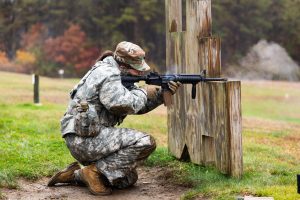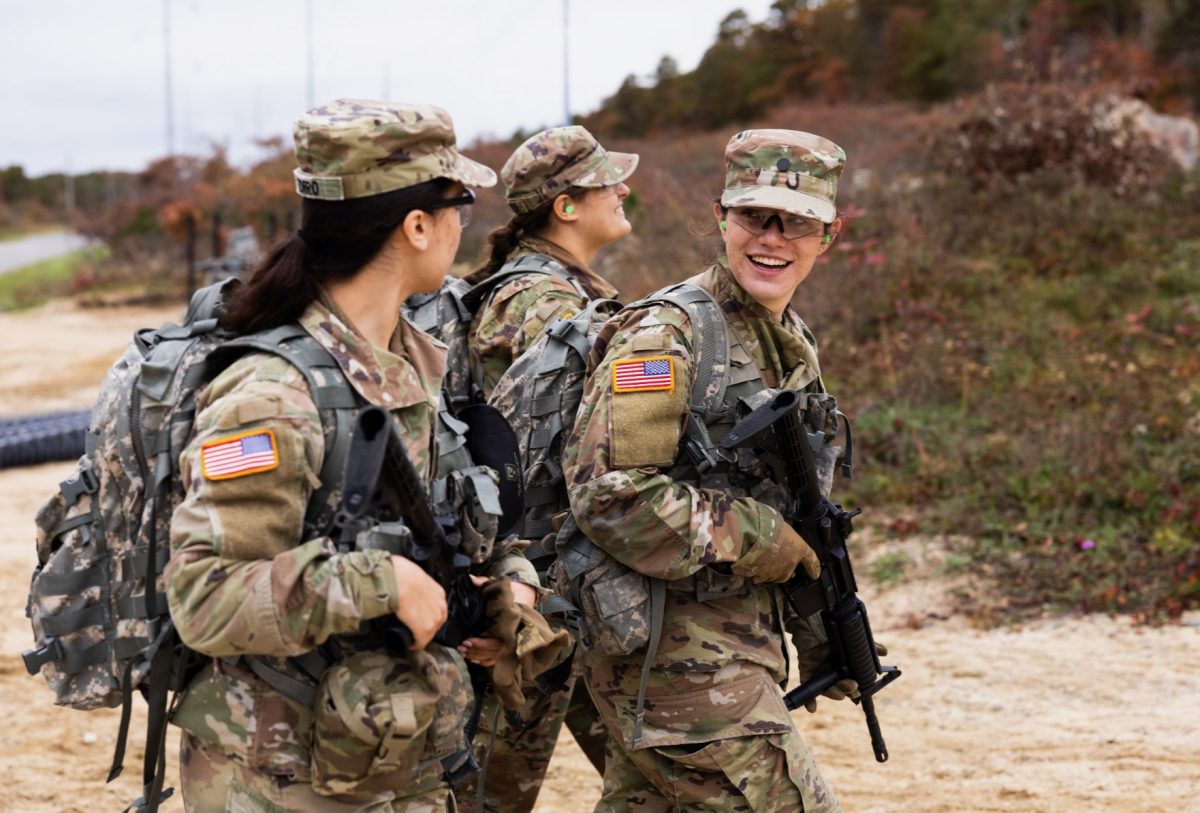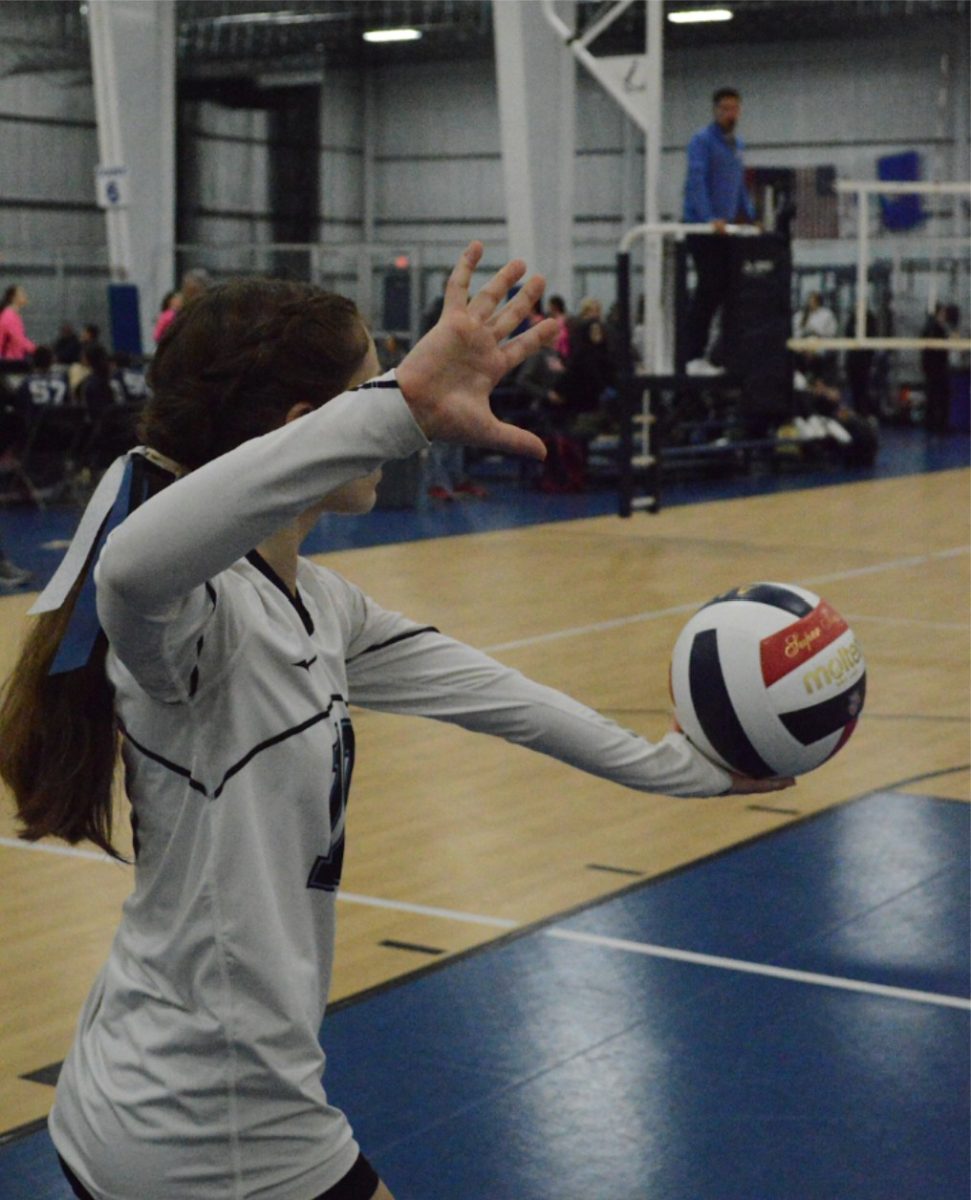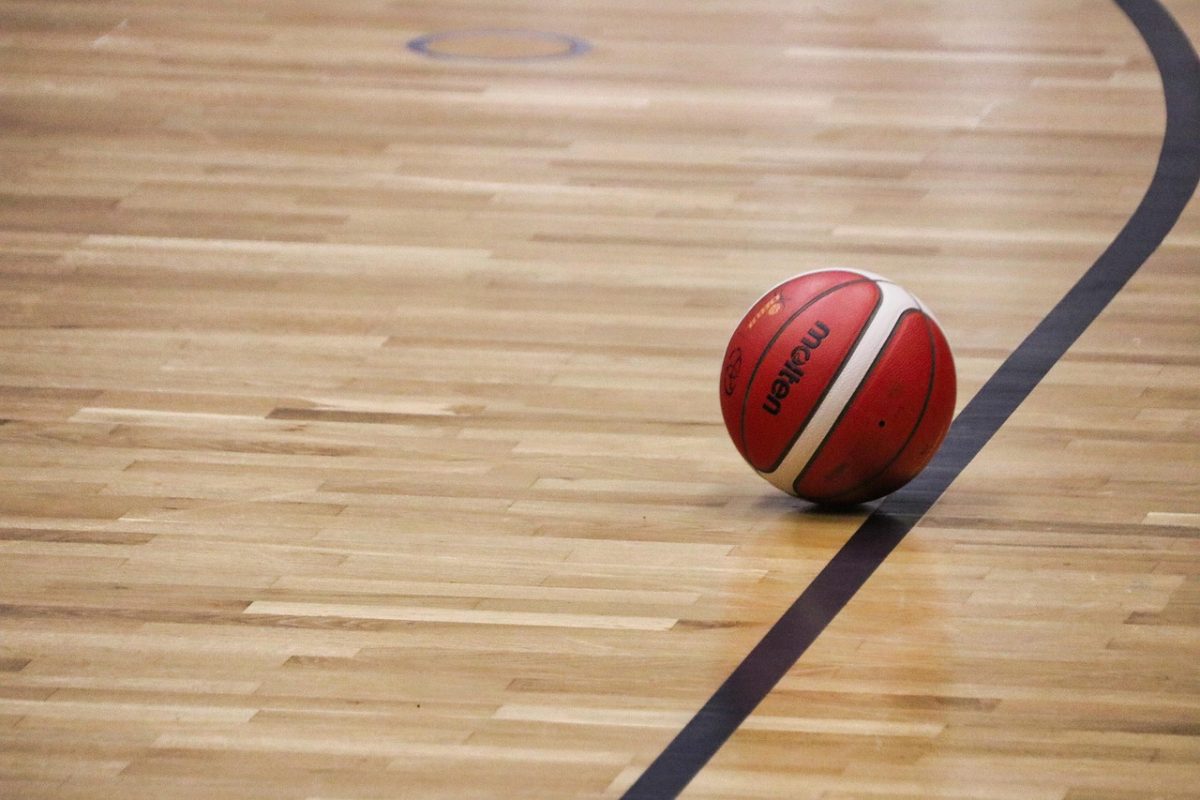**Trigger warning for an image including firearms**
For many students, finding a balance between school, extracurricular activities, and a social life can be extremely challenging, but for Boston University Senior Audrey Soukup, she’s embraced the rewarding path of the Reserve Officers’ Training Corps (ROTC). As a class of 2021 graduate from WHS, Soukup spent all four years in the journalism program and was also a Co-Editor in Chief of the Lobby Observer her senior year.
The ROTC is a program that high school students can apply to participate in as full-time college students. Here, they work through leadership and physical training to prepare them for service jobs in the Army, Marine Corps, Navy, Air Force, and Space Force. Through this, students can receive help to pay their tuition and become commissioned officers once they graduate from that college.

When thinking about college as a senior in high school, Soukup knew that the ROTC tuition scholarships would be invaluable. With her parents also having met through the military, Soukup followed in their footsteps and filled out her ROTC application alongside her normal college applications. After selecting seven schools, she was awarded a scholarship for UMass Amherst, Boston University, and the University of Maryland, where she eventually selected BU.
Alongside the ROTC, Soukup is majoring in behavioral Health and hopes to pursue her master’s degree in Public Health and go into Epidemiology after her commission. Upon graduation from BU in the spring, Soukup will commission as a Second Lieutenant in the Army serving in signal communications. She heads off to her Basic Officer Leader Course (BOLC) in Fort Eisenhower, GA and for her military commission, she hopes to get stationed at Joint Base Lewis-McChord which is right outside of Seattle, WA.
While Soukup chose to take this type of position in the military, she emphasized that it offers much more than just physical jobs. She says, “People seem to think that the army is all giant guys running everywhere with guns, but the army needs every single occupation. You can go be in the army band, you can be a nurse, doctor. There is something for everyone.”

At BU, she is a part of the Charles River Battalion. Her schedule as an upperclassman consists of attending physical training in the morning at 5:45, then heading to her military science class on Tuesdays and Thursdays. Underclassmen only have to take this class once a week while upperclassmen must take it twice a week. From there, she attends her normal college classes for her major and then heads to work at the BU Law Center. Some days, she also heads out to the stables as she is the Captain of the BU Equestrian Team.
Although this is a lot of work on a daily basis, Soukup says that this is a normal schedule for an ROTC cadet. Within the program, there is a formal ranking system in which cadets receive points for their roles in leadership and extracurriculars. They tally up these points as a way to compete for and determine the jobs you get in the military.
Soukup states, “It’s a lot of extra work and a lot of things that a normal college student doesn’t have to worry about, but it made me grow into the person that I want to be and I don’t know if I would’ve been able to do that without the structure of ROTC.”

Coming from a town where most students pursue higher education after high school, Soukup felt different going into the ROTC. One of the biggest things coming from this was the learning curve of being a freshman. With a new environment as well as the training camps from the ROTC, it was a major shift from her high school schedule.
Despite this, Soukup states that she has gained some of the best leadership skills from this program. Every cadet learns basic war and infantry skills, and when Soukup had to lead her platoon, she was pushed to make split-second decisions for the group of around 40 people. Skills like these in leadership are the ones she hopes to carry with her into her future career.
Soukup said, “I think that being in the army has definitely taught me to be confident in myself. Obviously being a woman in a male-dominated field is super stressful and I came into it super quiet and wasn’t really sure about what I was doing, but it really taught me to trust my skills.”
Reflecting on her journey, Soukup says that any student considering ROTC should understand and research this commitment. When they are in the program, she encourages everyone to make the best of their situation. The people they will meet along the way make it extremely worth it.





















Kathleen Stoker • Feb 6, 2025 at 2:25 pm
What a well-written, informative feature, Sahana! I loved hearing about Audrey’s ROTC and BU experiences!